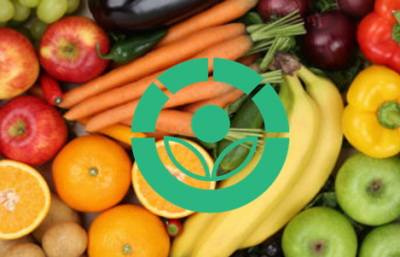Are all fats bad?

Did you know that a balanced diet must include fat? Why? Read on to find out.
Not all fats are unhealthy. A balanced diet must include fat as it is a source of energy and helps our body to absorb other nutrients.
Healthy fats like monounsaturated fats, polyunsaturated fats and omega-3 fatty acids help to lower cholesterol. The richest sources of unsaturated fats are cooking oils like olive, soybean and peanut oils, nuts and tofu.
Omega-3 fatty acids are found in oily fish, nuts, seeds and leafy green vegetables. They are essential nutrients not produced by our body, but vital for normal growth in young children. Bad fats like saturated fats raise our cholesterol levels, clog our arteries and increase our risk of heart disease in addition to making us obese. We get saturated fats from animal products: red meat and whole-milk dairy products like cheese, ice cream and butter. However, they are also an important source of vitamins and minerals. Hence, we should limit, not eliminate our consumption of saturated fats.
Trans fats, also known as hydrogenated fats, are found in processed foods, like French fries and cookies. They raise bad cholesterol and lower good cholesterol. Next time you buy snacks, check for the term partially-hydrogenated oil in the list of ingredients - those are the items you must avoid.
Picture Credit : Google
